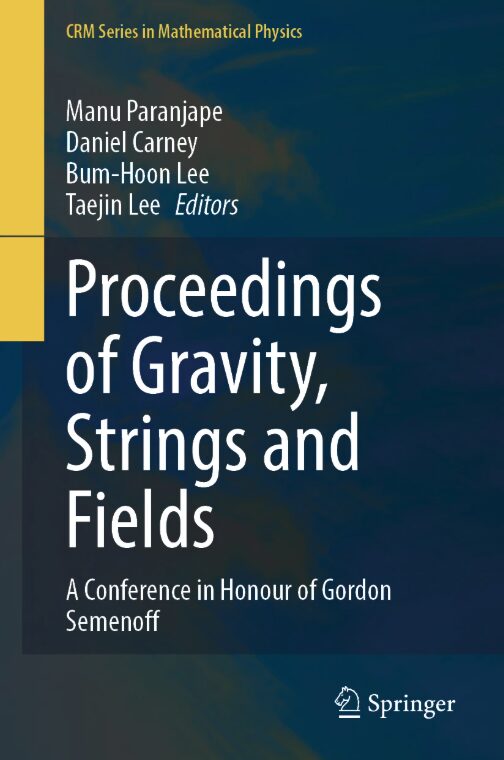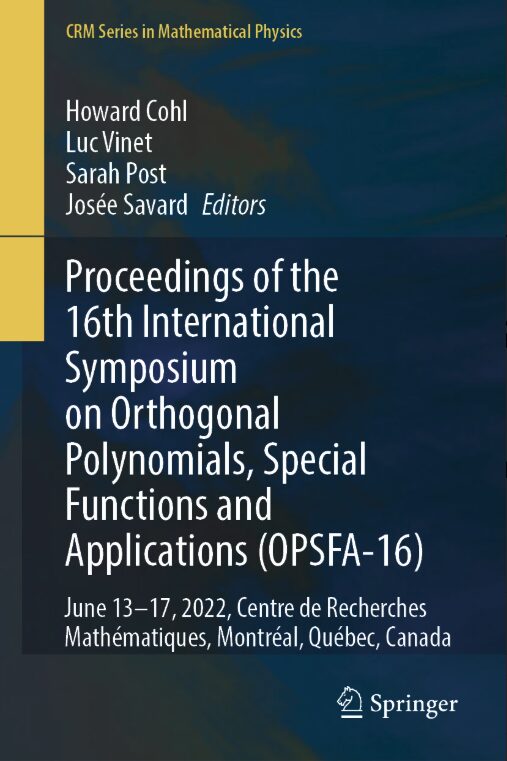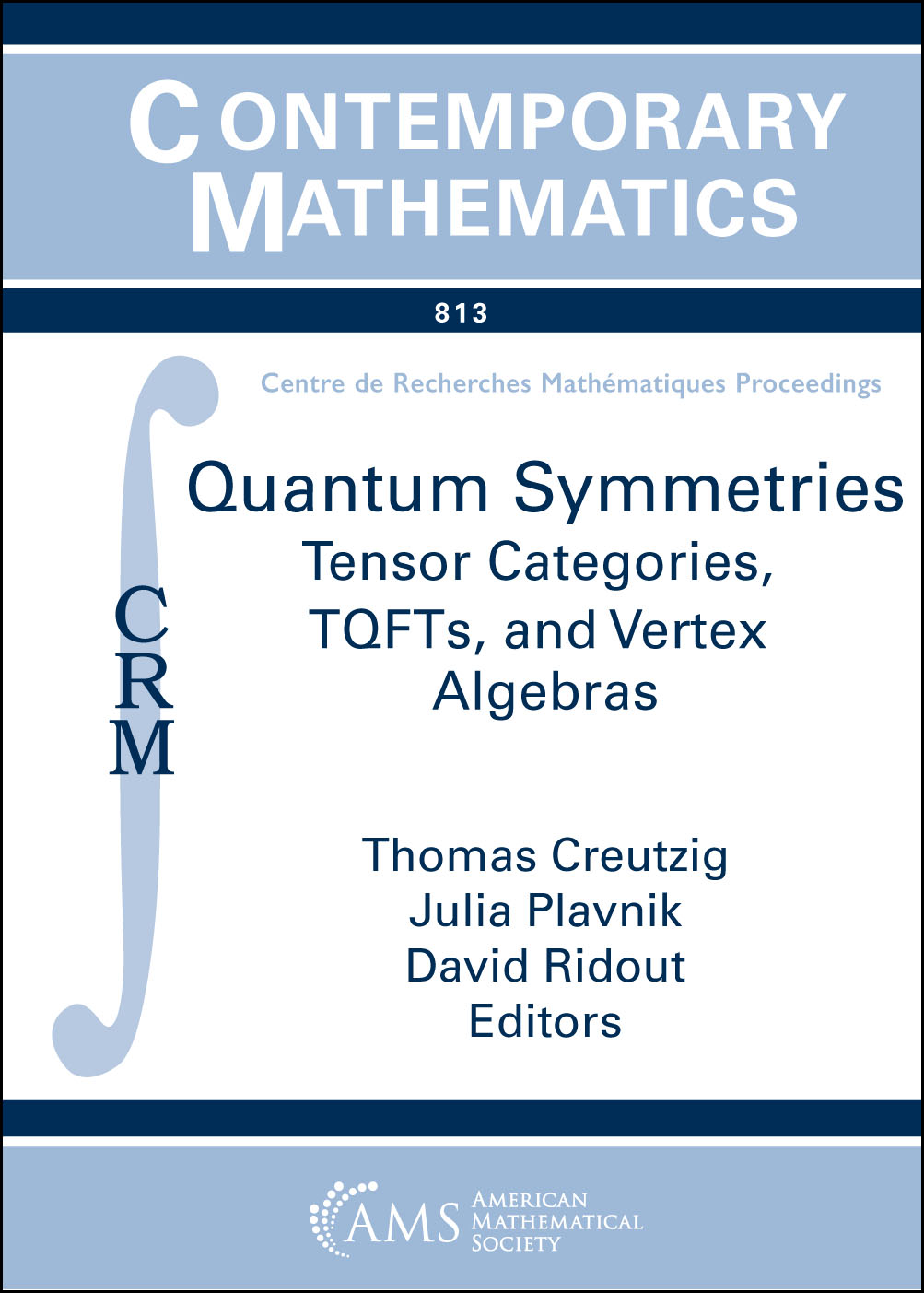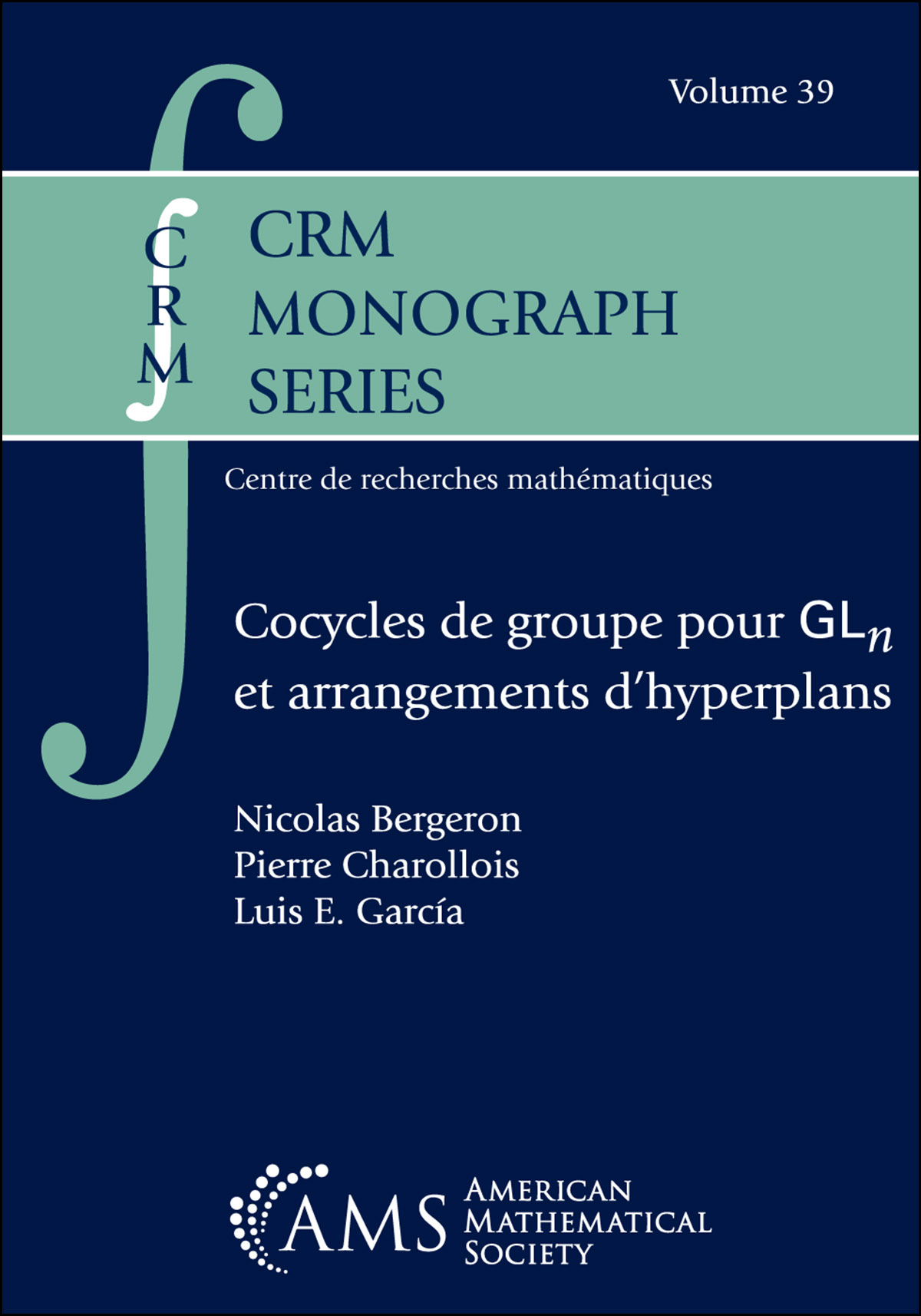Le principal objectif du projet CRM CAMP est de rassembler la communauté mondiale des chercheurs dans le domaine des méthodes de preuve assistées par ordinateur, en particulier ceux qui travaillent dans les domaines de la théorie des systèmes dynamiques et de l’analyse non linéaire. Cette communauté a connu une croissance spectaculaire au cours des trois dernières décennies, et a développé des méthodes pour résoudre un certain nombre de problèmes importants non résolus en mathématiques. Cependant, les chercheurs participants sont dispersés dans le monde entier et il existe un besoin croissant d’un forum régulier de discussion et de diffusion des résultats. Cela est particulièrement important en cette période d’interruption sans précédent des voyages.
Notre chaîne Youtube
À propos
La série de séminaires du CAMP CRM explore l’interaction entre le calcul scientifique et l’analyse mathématique rigoureuse, en mettant l’accent sur la recherche dans des domaines tels que la théorie des systèmes dynamiques et l’analyse non linéaire. Ce domaine s’est rapidement développé au cours des dernières décennies et, les chercheurs étant répartis dans le monde entier, il est de plus en plus nécessaire de mettre en place un forum régulier pour partager les résultats, poser des questions intéressantes et discuter de nouvelles orientations. Ce projet est envisagé comme une sorte de centre communautaire en ligne pour les rassemblements hebdomadaires, ainsi que comme un dépôt de matériel pédagogique. En plus de la série de conférences hebdomadaires, le programme sert également de mécanisme pour organiser des ateliers, des tutorats et d’autres activités scientifiques. Nous espérons qu’en augmentant la visibilité de cette recherche, le projet stimulera les collaborations entre les groupes existants et entre notre communauté et les mathématiciens travaillant dans d’autres domaines.













